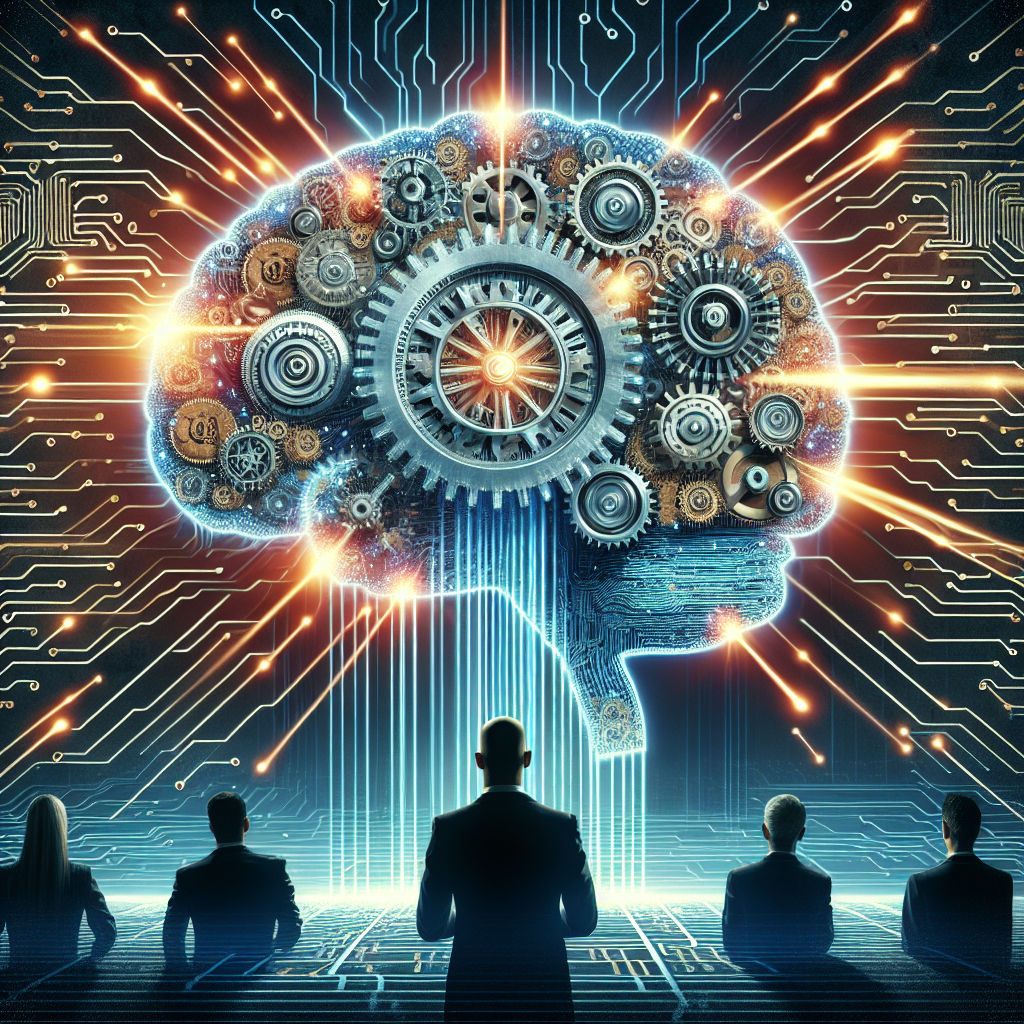Artificial General Intelligence (AGI) and the Singularity: What Will Happen When Machines Surpass Human Intelligence?
In recent years, the field of artificial intelligence (AI) has made significant advancements, with machines becoming increasingly capable of performing complex tasks that were once thought to be exclusive to human beings. However, the ultimate goal of AI research is to develop Artificial General Intelligence (AGI), a form of intelligence that can rival or surpass human intelligence in all cognitive tasks. The concept of AGI raises a number of important questions about the future of technology and society, particularly with regard to the so-called “Singularity” – the hypothetical point at which machines become more intelligent than humans.
What is AGI?
AGI refers to a form of artificial intelligence that has the ability to understand, learn, and apply knowledge in a wide range of tasks, much like a human being. While current AI systems are designed for specific tasks and are limited in their ability to generalize to new situations, AGI would be capable of reasoning, problem-solving, and learning in a way that is comparable to – or even surpasses – human intelligence.
The development of AGI is seen as a major milestone in the field of AI, as it has the potential to revolutionize many aspects of society, from healthcare and education to transportation and entertainment. However, achieving AGI is a complex and challenging task, requiring breakthroughs in a number of key areas, such as machine learning, natural language processing, and cognitive science.
What is the Singularity?
The concept of the Singularity was popularized by futurist Ray Kurzweil, who argued that as technology advances at an exponential rate, there will come a point at which machines surpass human intelligence. At this point, known as the Singularity, the capabilities of AI systems would far exceed those of human beings, leading to a radical transformation of society.
The idea of the Singularity has sparked a great deal of debate and speculation, with some experts predicting a utopian future in which machines solve all of humanity’s problems, while others warn of potential dangers, such as job loss, social inequality, and even the extinction of the human race.
What Will Happen When Machines Surpass Human Intelligence?
The question of what will happen when machines surpass human intelligence is a complex and multifaceted one, with no easy answers. While some experts are optimistic about the potential benefits of AGI, others are more cautious, highlighting the need for careful planning and regulation to ensure that AI systems are deployed in a responsible and ethical manner.
One of the most pressing concerns surrounding AGI is the impact it could have on the job market. As machines become increasingly capable of performing a wide range of tasks, there is a very real possibility that many jobs could be automated, leading to widespread unemployment and economic upheaval. However, some experts argue that the rise of AGI could also create new opportunities for human workers, such as the development of new industries and the creation of more fulfilling and creative jobs.
Another major concern is the potential for AGI to be used for malicious purposes, such as cyber warfare, surveillance, or the manipulation of public opinion. As AI systems become more powerful and autonomous, there is a growing risk that they could be exploited by individuals or organizations with nefarious intentions, leading to serious consequences for society.
On the other hand, proponents of AGI argue that the technology has the potential to solve many of the world’s most pressing problems, such as climate change, disease, and poverty. By harnessing the power of AI, researchers could develop new treatments for diseases, optimize energy systems, and improve the efficiency of global supply chains, leading to a more prosperous and sustainable future for all.
FAQs
Q: When will AGI be achieved?
A: The timeline for achieving AGI is highly uncertain, with some experts predicting that it could happen within the next few decades, while others believe that it may take much longer. The development of AGI depends on a wide range of factors, including advances in technology, funding, and research priorities.
Q: Will AGI be conscious?
A: The question of whether AGI will be conscious – that is, capable of subjective experience and self-awareness – is a topic of much debate among philosophers and scientists. While some researchers believe that consciousness is an emergent property of complex systems, others argue that it is a uniquely human trait that cannot be replicated in machines.
Q: What are the ethical implications of AGI?
A: The development of AGI raises a number of important ethical questions, such as how to ensure that AI systems are used in a responsible and ethical manner, how to protect privacy and security, and how to prevent the misuse of AI for malicious purposes. It is crucial that policymakers, researchers, and industry leaders work together to address these issues and develop a framework for the responsible deployment of AI technologies.
Q: What can individuals do to prepare for the rise of AGI?
A: As AI technologies continue to advance, it is important for individuals to stay informed about the latest developments in the field and to educate themselves about the potential risks and benefits of AGI. By engaging in discussions with experts, policymakers, and other stakeholders, individuals can help shape the future of AI and ensure that it is used in a way that benefits society as a whole.

